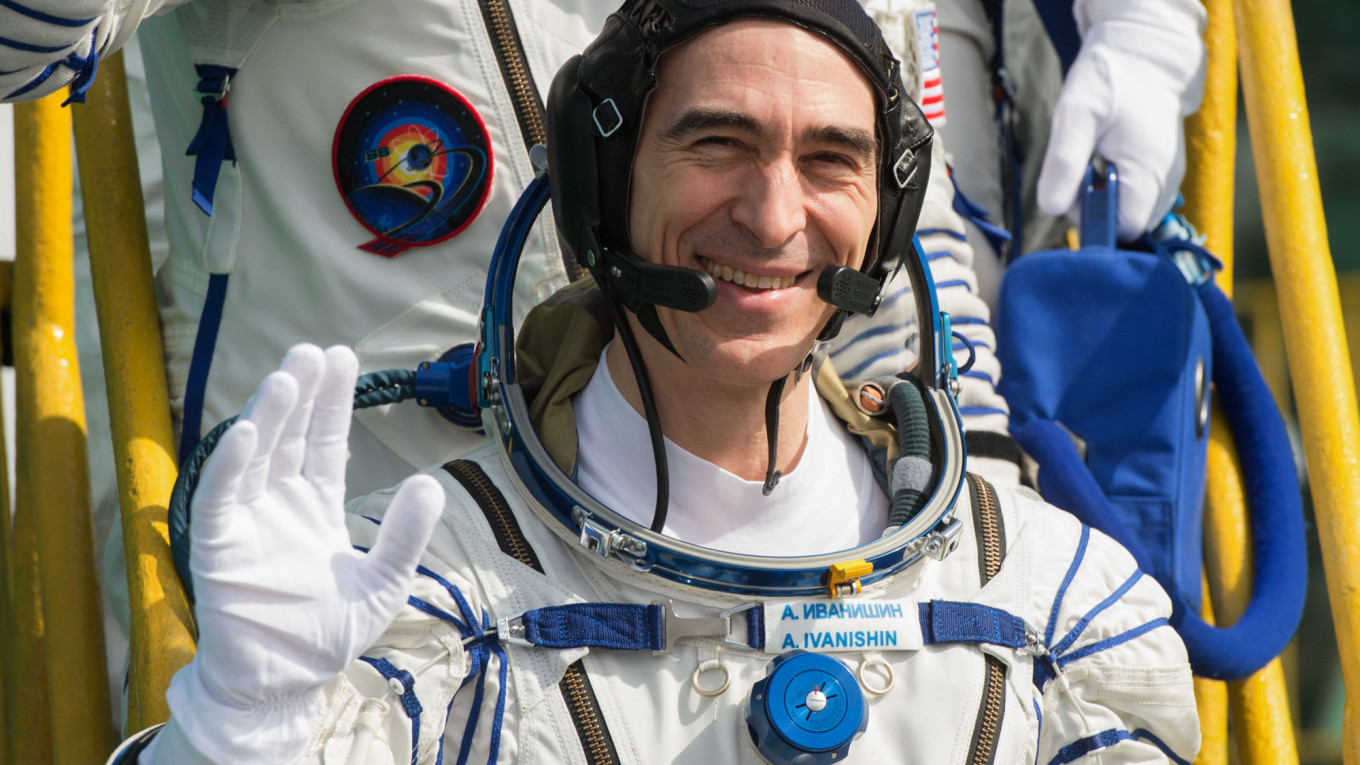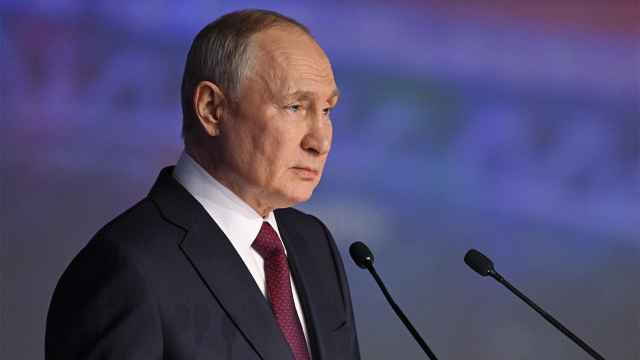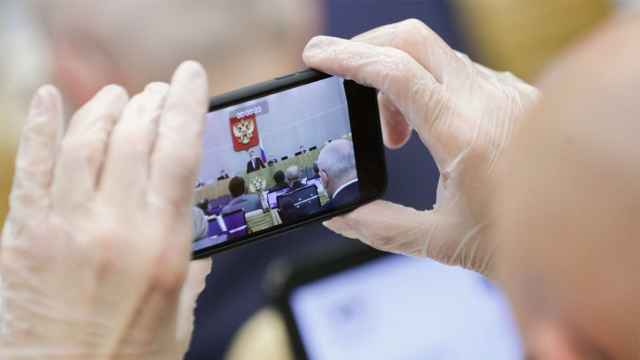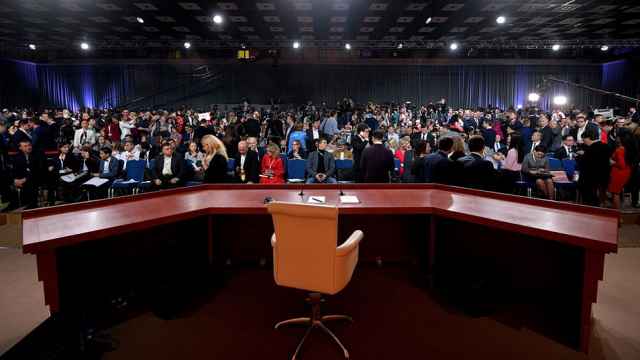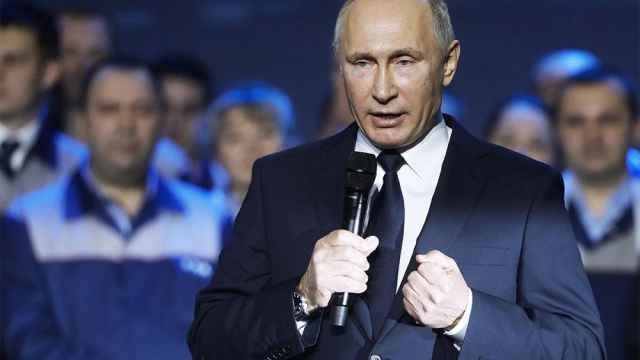Russian cosmonaut Anatoly Ivanishin became the first person to vote online from the International Space Station on Tuesday, the Russian Space Agency Roscosmos announced.
The 51-year-old cosmonaut, who came aboard the ISS in April, cast his ballot as part of a weeklong vote to approve constitutional reforms that could extend President Vladimir Putin's rule, Roscosmos said.
"Anatoly Ivanishin has become the first man to have voted online from orbit," the Russian space agency said in a statement.
The ballot on changes to Russia's basic law that ends on Wednesday was scheduled for April 22, but was postponed as health officials registered a surge in coronavirus cases.
Election officials opened polling stations last week to avoid overcrowding outside voting booths that could lead to an increase in virus infections.
Residents of Moscow and Nizhny Novgorod east of the Russian capital were allowed to vote online and turnout among registered voters was 93% by Tuesday, election officials said.
Ivanishin is a permanent resident of Moscow, allowing him to participate in the online vote, Roscosmos noted.
Another Russian cosmonaut in orbit, Ivan Vagner, will vote on Wednesday via a proxy and a secure communications channel, the Russian space agency said.
The constitutional reforms proposed by Putin earlier this year would reset his presidential term limits, paving the way for him to potentially remain in power until 2036.
The Kremlin is keen to see a high voter turnout and makeshift polling stations cropped up across the country, including some in buses, tents and on street benches that were ridiculed on social media.
The reforms also enshrine "faith in God" and Russian as the national language in the constitution, define marriage as between a man and a woman and ban giving away Russian territory or questioning the country's "historical truth."
Kremlin critics have denounced the vote as a ploy that would allow Putin to become "president for life."
A Message from The Moscow Times:
Dear readers,
We are facing unprecedented challenges. Russia's Prosecutor General's Office has designated The Moscow Times as an "undesirable" organization, criminalizing our work and putting our staff at risk of prosecution. This follows our earlier unjust labeling as a "foreign agent."
These actions are direct attempts to silence independent journalism in Russia. The authorities claim our work "discredits the decisions of the Russian leadership." We see things differently: we strive to provide accurate, unbiased reporting on Russia.
We, the journalists of The Moscow Times, refuse to be silenced. But to continue our work, we need your help.
Your support, no matter how small, makes a world of difference. If you can, please support us monthly starting from just $2. It's quick to set up, and every contribution makes a significant impact.
By supporting The Moscow Times, you're defending open, independent journalism in the face of repression. Thank you for standing with us.
Remind me later.


